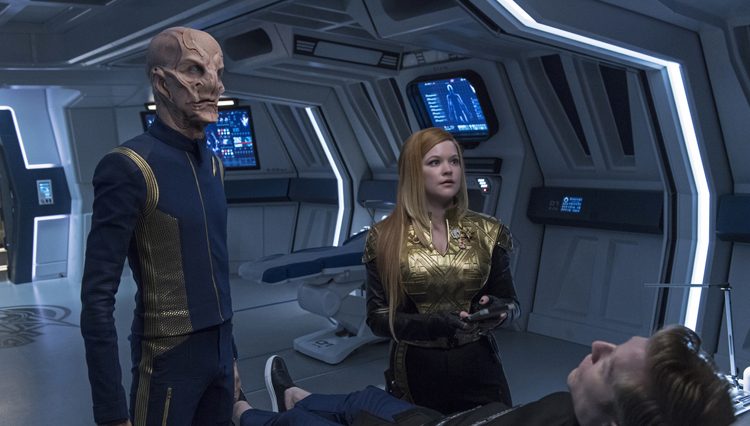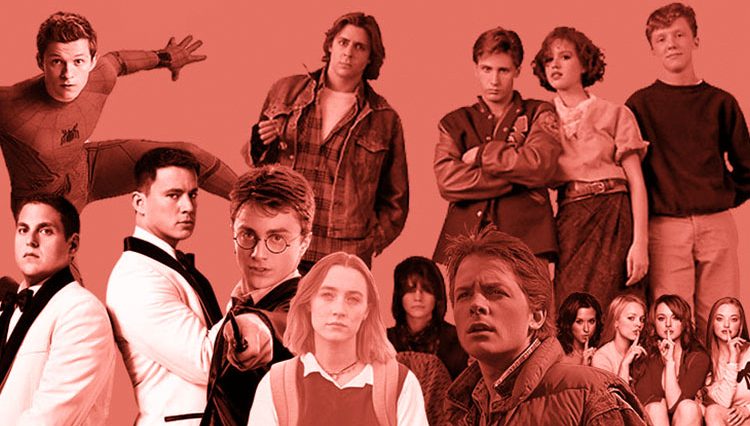“America. They want someone to love, they want someone to hate.”
I, Tonya, 2017 (Margot Robbie) Neon/30West
It’s sad to me that you have to be of a certain generation, or have lived in a specific time period to understand the story of Tonya Harding and Nancy Kerrigan; their rivalry, and supposed friendship. I’ll get into the “friendship” aspect in a minute, but I wanted to outline the specifics. A couple hours after noon in Detroit’s Cobo Arena, on January 6, 1994, Kerrigan was attacked with a police baton by Shane Stant, who then fled the scene.
Later that night, I remember the footage from CNN with her incessant wailing, “Why?! Why?!” It was an interesting image, that of Kerrigan clutching her hobbled knee, but what I remembered most were the legends that sprang up, and the Rashomon-style execution of facts. The story changes the details every time you hear it. A guy marches in, clobbers her knees with a pipe (or a wrench), and runs off.
A stocky moron “bludgeons” Kerrigan (the Wikipedia calls it a “bludgeoning,” which sounds horrid) and nonchalantly pulls off an Ocean’s Eleven-style exit, complete with the slow-motion putting on of shades as a boombox plays “Hey Jealousy” by the Gin Blossoms somewhere in the arena. That would be the cinematic equivalent (for me, at least) of what happened. The filmmakers behind I, Tonya have a different story to tell.
Australian-born director Craig Gillespie either doesn’t understand the concept of “American Exceptionalism” or he doesn’t want to tell that story. Instead, he wants to reduce the very real-life characters in the piece to cultural stereotypes. As portrayed in the movie by Margot Robbie, Tonya Harding is a monster; an ugly creature with nothing to offer but figure skating; opportunist to the core, a victim of an abusive mother and an abusive boyfriend—pushed, poked, and prodded to excellence by people who don’t care about her.
Because we get the Rashomon narrative, we’re not sure who to believe, and ultimately, it doesn’t matter, because Steven Rogers’ script acquiesces to the official record: that Harding copped a plea when suspicion pointed to her after the Battle of Wounded Knee*. Are we supposed to laugh at Tonya Harding? Or her evil mother (Oscar™-winner Allison Janney)? Or her idiot husband, Jeff Gillooly (Sebastian Stan)? Or her idiot husband’s idiot friend, Shawn Eckhardt (Paul Walter Hauser)? Or her idiot husband’s idiot friend’s idiot henchman, Shane Stant (Ricky Russert)?
That’s too many people to laugh at in a movie that is ostensibly a glorified white-trash melodrama and not explicitly a comedy. Occasionally, Tonya will pop up and break the fourth wall, addressing the audience to inform us that either the official facts or the legend got the story wrong. Nancy Kerrigan (played by Caitlin Carver) is an after-thought in the movie; a mythological creature like a cyclops to be overcome.
In the mythology of pop culture, Kerrigan was the girl-next-door; the girl you married, while Tonya was the harpy, the girl you had falling-down drunken, angry sex with in the alley behind the roadhouse. Madonna-Whore swapped with Kerrigan-Harding for the rapacious early ’90s mindset. These two look like they have less in common than oil and water, but Harding insists they were drinking buddies and the best of friends.
I’ll tell you what I think. They were both exceptionally talented, but Harding hated herself for existing as the antithesis to Kerrigan’s goody-two-shoes (and her own subtle innuendos) persona. Harding had her vices, and the Media came down hard on her. She wasn’t as photogenic as Kerrigan, and she was damned for her excesses: jealous and ugly, while the Media turned a blind eye to Kerrigan and cast her as the victim.
I think Harding put a worm in Gillooly’s ear, and hedged her bets. Nobody thought the story would be amplified and trumpeted across the nation, but being that this was also around the time of Richard Jewell, the 24-hour news cycle was in its infancy. There have to be heroes and villains. The movie of I, Tonya and the real-life events exist on different planets. The movie is gaudy parody owing more to the sensibilities of John Waters than to the imperfect crimes and criminals of Coen brothers films.
Unfortunately, I, Tonya is not as good as either of those kinds of movies because it plays more as a comment (and ridicule) by the Intelligentsia, the political and cultural elite, than trailer trash non-fiction (and the murky, oddly colorless cinematography doesn’t help). The music was disappointing, with only two bonafide ’90s songs in the entire soundtrack. I, Tonya doesn’t put you anywhere near the vicinity of the time period in which it’s supposed to be played out.
That’s not to say the performances aren’t worth a damn. They most certainly are. Robbie completely inhabits this Harding-creature, Sebastian Stan (the Winter Soldier, no less) disappears under a goofy mustache and proto-moron mannerism, and Janney is amazing to watch. It’s great to see Hauser again after his wonderful turn as Richard Jewell. This is a terrific cast. I just wish they were in a better movie.
“Look out or they’ll tell you
You’re a superstar
Two weeks and you’re an all-time legend
I think the games have gone much too far”**
*With thanks to Julie Brown.
***Adam Ant/Marco Pirroni. “Goody Two Shoes.” 1982. Friend or Foe. Columbia Records Inc., 1982








